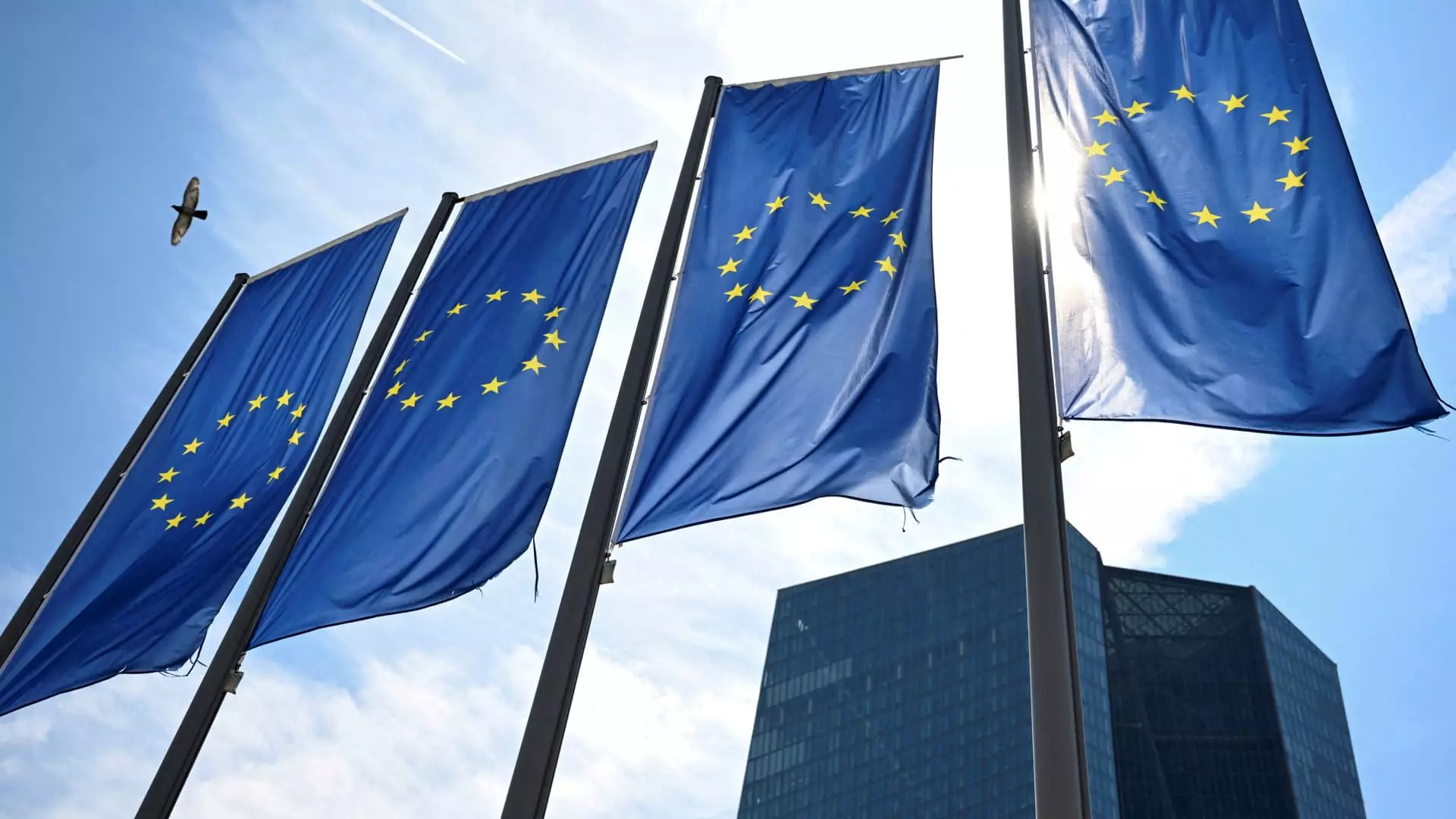As European leaders convene to strategize financing for defense advancements, the backdrop is significantly influenced by U.S. trade policies under President Donald Trump. Scheduled for discussion are crucial investments needed to bolster the continent’s security amidst rising geopolitical tensions. The meeting is overshadowed by the inauguration of new tariffs that Trump confirmed would begin affecting goods from Mexico, Canada, and China. Even though European products currently remain exempt, the possibility of future tariffs looms large, suggesting an escalating trade conflict that could simplify the complex dynamics of transatlantic relations.
In 2023, the European Union (EU) found itself in a position where the United States was its leading export market, with substantial amounts of EU goods making their way across the Atlantic. Primarily, the EU exports cars and pharmaceuticals to the U.S., while importing energy resources like oil and natural gas. Given this interdependence, there is a consensus that enhancing energy purchases could serve as a tactical measure to mitigate frustrations regarding trade inequities. The importance of achieving a balanced trade relationship cannot be overstated; the EU aims to create a foundation that limits the risk of retaliatory tariffs.
This trade relationship has been a focal point for Trump, who has often voiced concerns about the U.S. trade deficit with the EU, which surpasses $300 billion. He has insinuated that European countries have taken advantage of American economic policies, and this narrative is likely to resonate in the ongoing discussions among EU leaders. While preparing for their meeting, EU officials privately express apprehension over Trump’s next steps; such apprehension isn’t merely political rhetoric but a clear strategic consideration.
Ahead of the leaders’ summit, an EU official, cautious about revealing their identity, anticipated that Trump’s recent trade decisions would be a topic of discussion, albeit not the sole focus. Rather than a thorough examination of tariffs, they foresee leaders possibly referencing the implications of Trump’s protectionist stance. This indicates an awareness that while immediate actions may not directly impact the EU, the political climate could exert broader ramifications on European economies.
The European Commission articulated that it regretted the implementation of new tariffs against Canada, Mexico, and China. They firmly maintained that fair trade policies are critical for economic growth and stability. Statements from EU officials underline a commitment to leveraging responses that reflect solidarity within the bloc. Any abrupt imposition of tariffs on European goods would compel a resolute and unified response from the EU, solidifying the understanding that the region will not serve as a passive participant in escalating trade hostilities.
Despite the hostile atmosphere, the EU continues to perceive opportunities for engagement. An essential avenue involves increasing purchases of liquefied natural gas (LNG) from the U.S., which not only supports energy diversification but also aims to placate the growing tensions. The recognition of potential retaliatory tariffs raises the stakes, but it may also incentivize negotiation tactics that could de-escalate the looming conflict.
A senior EU diplomat, speaking under the same veil of anonymity, acknowledged the rising risk of a trade confrontation developing between the EU and the U.S. Such a confrontation could result in unfavorable conditions for both parties, thereby necessitating proactive diplomatic measures. While the primary discussion may not center on tariffs, the effects of a possible trade war are palpably felt, reinforcing the need for coherent strategies that address both security investments and economic stability.
As European leaders discuss defense funding strategies, the specter of U.S. tariff policy remains a pivotal concern. The complex interplay between trade and security imperatives illustrates the need for strategic alignment in Europe. How the EU navigates these challenges remains to be seen; however, the commitment to a strong economic partnership and proactive negotiations could offer a pathway through this turbulent period. In an increasingly interconnected world, the outcomes of these discussions will be closely monitored—not only within Europe but globally, as they hold the potential to redefine transatlantic relations for years to come.

Leave a Reply